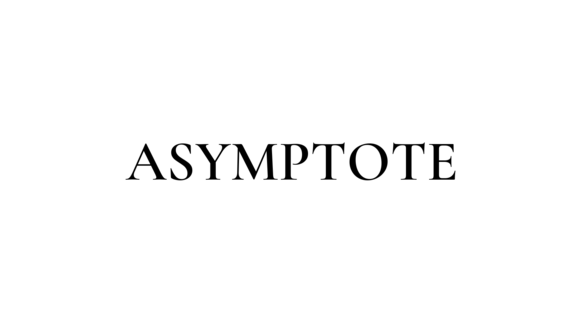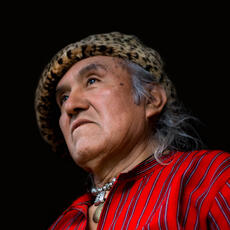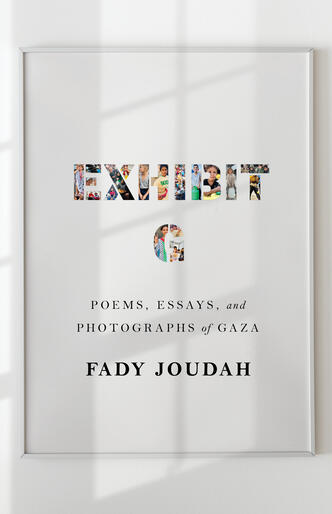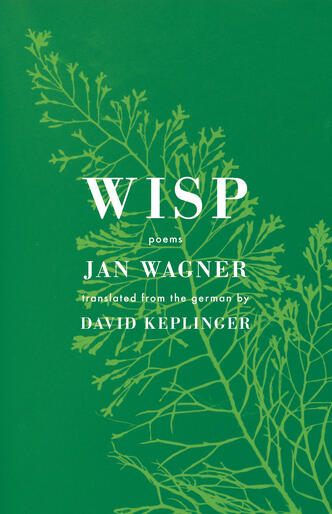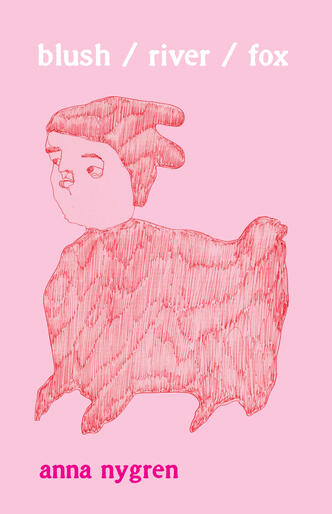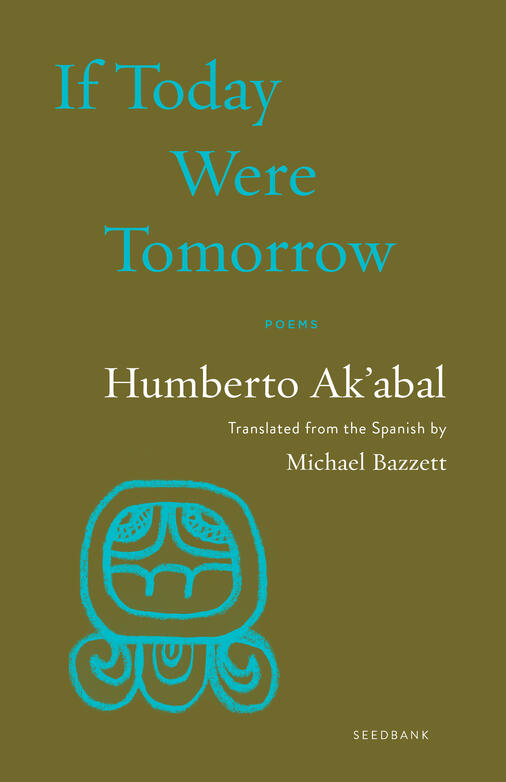
If Today Were Tomorrow
A masterful bilingual collection of poems rooted in K’iche’ Maya culture illustrating all the ways meaning manifests within our world, and how best to behold it.
“My language was born among trees,
it holds the taste of earth;
my ancestors’ tongue is my home.”
—from “The Old Song of the Blood”
A legacy of land and language courses through the pages of this spirited bilingual edition, offering an expansive take on the internationally renowned work of Humberto Ak’abal, a K’iche’ Maya poet born in the western highlands of Guatemala.
Featuring both Ak’abal’s Spanish translations from the indigenous K’iche’ and English translations by acclaimed poet Michael Bazzett, this collection blossoms from the landscape of Momostenango—mountains covered in cloud forest, deep ravines, terraced fields of maize. Ak’abal’s unpretentious verse models a contraconquista—counter-conquest—perspective, one that resists the impulse to impose meaning on the world and encourages us to receive it instead. “In church,” he writes, “the only prayer you hear / comes from the trees / they turned into pews.” Every living thing has its song, these poems suggest. We need only listen for it.
Attuned, uncompromising, Ak’abal teaches readers to recognize grace in every earthly observation—in the wind, carrying a forgotten name. In the roots, whose floral messengers “tell us / what earth is like / on the inside.” Even in the birds, who “sing in mid-flight / and shit while flying.” At turns playful and pointed, this prescient entry in the Seedbank series is a transcendent celebration of both K’iche’ indigeneity and Ak’abal’s lifetime of work.
